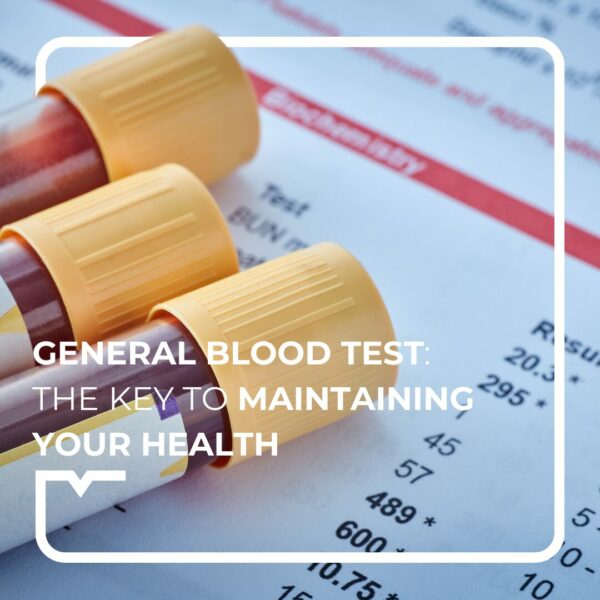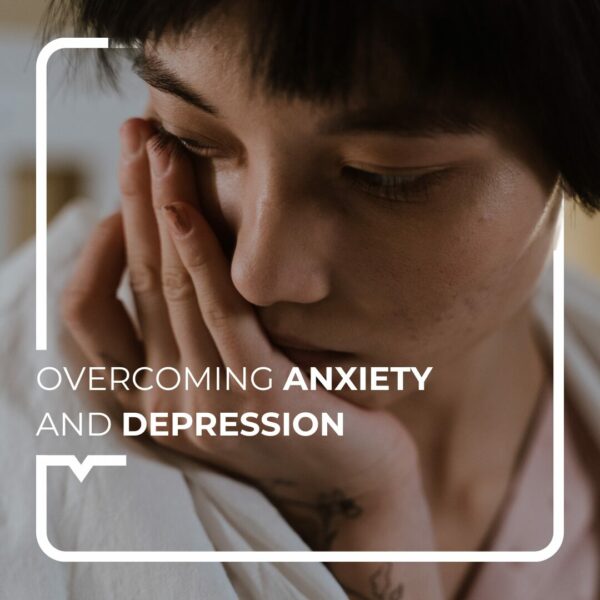I hope you and your little ones are doing well. You may be reading this article with your little one fervently suckling. And it’s not always enjoyable! Indeed, in the beginning, breastfeeding can be difficult.
But don’t panic, it’s like riding a bike, you can learn!
Ola, this is Dr. Joy!
If you have chosen to breastfeed your baby, this article is for you.
Vamos ?
Breastfeeding, an excellent choice for feeding your child
Breast milk is an ideal food for your babies.
The composition of breast milk is its main asset: antibodies and nutrients protect against many childhood diseases.
It provides the baby with all the energy he needs during the first 6 months of his life. Then, it will cover half or more of its nutritional needs during the second half of its life. And one-third during the second year.
WHO recommends that babies should be exclusively breastfed from the first hours after birth until they are 6 months old.
If your child is exclusively breastfed and is gaining weight correctly, then from the age of six months, he or she can start to diversify food in addition to your milk. Breastfeeding can continue until your child is two years old or more.
Breastfeeding brings benefits to both the child, by protecting him/her from certain pathologies (they are less likely to become overweight, diabetic, etc. later on), and to the mother. Indeed, studies show that women who breastfeed have a lower risk of developing breast or ovarian cancer.
Adopt the right habits
- The position of the baby’s mouth
Take all the time you need, relax and let your baby come to your breast alone. Make sure your baby takes the breast properly, i.e. open his mouth wide, lips rolled up, nose and chin in the breast… like a suction cup.
- The rhythm of the feeds
If you are breastfeeding your child, you should know that there are no rules in terms of frequency or time between feeds. It’s up to each of us, but I recommend that you gradually move towards a rhythm of 2-3 hours between feeds (between 8 and 12 a day) and then 4 hours, while still adapting to your baby’s needs.
If the feedings are interminable (more than 45 minutes), be sure to consult a doctor.
- The skin-to-skin method
I recommend that you use breastfeeding positions that promote skin-to-skin contact. Indeed, this method allows to :
- Stimulate the secretion of oxytocin, the hormone that stimulates the secretion of a substance by Montgomery’s tubercles located around the nipple. This substance smells and tastes like amniotic fluid. This is the reason why the newborn naturally turns to the breast. It also enables the milk ejection reflex.
- Reassure baby, he is arriving in this New World. And thanks to the arms that surround him (sensation of being in the uterus), the smell and the voices that are familiar to him, etc. he will be less stressed in the long run.
- Burping is very important
Don’t forget this if you want to avoid having a baby who squirms and can’t fall back to sleep in the middle of the night.
Breastfeeding-related pains: avoiding and treating them
During the first few days of breastfeeding, it is normal for your nipples to be sensitive. This sensitivity is hormonal in origin and will diminish over the days.
Here are 3 common complaints about breastfeeding women.
- Sore nipples
When your nipples are sore, check that your baby is well-positioned and latching on properly. Most of the time, it is the rubbing that causes the pain. At the end of the feeding, you can squeeze some milk from your areolas. Apply it to your nipples and areolas and leave your breasts to breathe (milk is a fatty substance with healing properties)
You can also avoid :
- Cleaning your breasts too often,
- Wearing wet nursing pads for too long,
- Wear bras that are too tight,
- Use drying products such as disinfectants.
- Cracks in the nipple
Generally, cracks appear because your baby is poorly positioned and does not latch on well. With the help of health professionals, you can quickly correct the position.
Once this correction is made, the nipples should heal quickly. If this is not the case, you can help them by applying lanolin. It is a purified natural substance, known for its soothing, emollient, and moisturizing properties. It comes in the form of a cream, ointment, or salve (100% lanolin). You can apply it to the cracks before and after each feeding.
You can also use nipple shields (silicone breast pads) for a few feeds.
- Engorgement of the breast
You can easily spot engorgement. Your breast is warm, swollen, hard, and sore. Your nipple is flattened, and your baby has trouble sucking. You may even have a slight fever. To relieve engorgement, breastfeed your baby frequently (10 to 12 times a day) and start with the most engorged breast and maintain a maximum of nightly feedings. If these feeds do not relieve you, you can relieve the engorgement in your breasts with an areolar massage or by pumping your milk or draining your milk in the shower. In case of engorgement, be sure to consult a doctor if the fever persists or if the baby can no longer feed.
Breastfeeding in Portugal, during vacations, or in everyday life
In Portugal, breastfeeding is very common.
If you live there, you should know that there is even a “breastfeeding leave” regulated by article 47 of the Portuguese Labor Code.
You will have no problem breastfeeding in different public places in Portugal or even in the street.
Some shopping malls, restaurants, and other places have spaces reserved for breastfeeding. When planning your outings, you can anticipate your trips by including these places if you are not comfortable with breastfeeding in public.
Since Portugal is a hot country most of the year, here are our top 3 tips for breastfeeding in hot weather:
- Offer baby to drink regularly,
- Drink a lot. And make sure you keep yourself and your baby well hydrated.
- Favor cool places in the house and limit going out.
The pediatrician and general practitioners at the Alegria Medical Center are available to answer all your questions!
As a reminder, you should be consulted if
- The baby does not gain weight
- He regurgitates often and that it makes him suffer
- He never sleeps/cries all the time
- You feel overwhelmed
Beijinhos,
Até ja !



